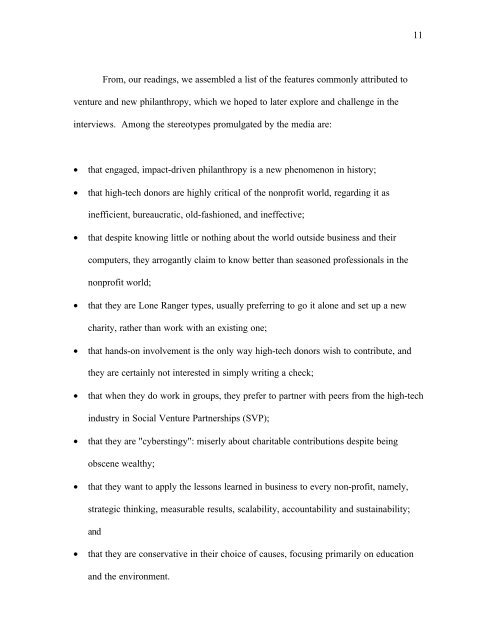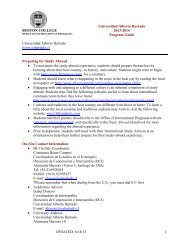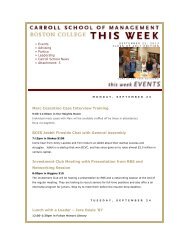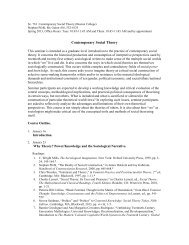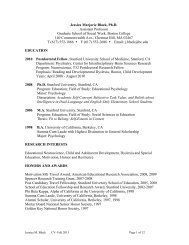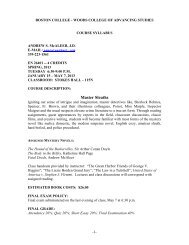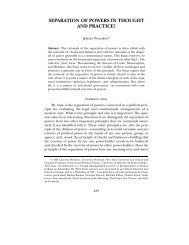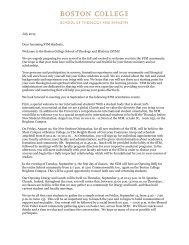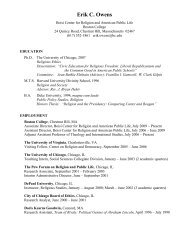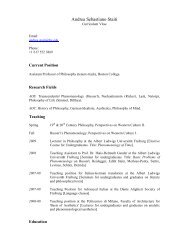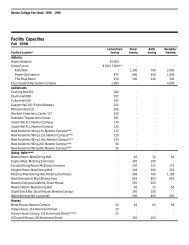social welfare research institute - Boston College
social welfare research institute - Boston College
social welfare research institute - Boston College
You also want an ePaper? Increase the reach of your titles
YUMPU automatically turns print PDFs into web optimized ePapers that Google loves.
From, our readings, we assembled a list of the features commonly attributed to<br />
venture and new philanthropy, which we hoped to later explore and challenge in the<br />
interviews. Among the stereotypes promulgated by the media are:<br />
• that engaged, impact-driven philanthropy is a new phenomenon in history;<br />
• that high-tech donors are highly critical of the nonprofit world, regarding it as<br />
inefficient, bureaucratic, old-fashioned, and ineffective;<br />
• that despite knowing little or nothing about the world outside business and their<br />
computers, they arrogantly claim to know better than seasoned professionals in the<br />
nonprofit world;<br />
• that they are Lone Ranger types, usually preferring to go it alone and set up a new<br />
charity, rather than work with an existing one;<br />
• that hands-on involvement is the only way high-tech donors wish to contribute, and<br />
they are certainly not interested in simply writing a check;<br />
• that when they do work in groups, they prefer to partner with peers from the high-tech<br />
industry in Social Venture Partnerships (SVP);<br />
• that they are "cyberstingy": miserly about charitable contributions despite being<br />
obscene wealthy;<br />
• that they want to apply the lessons learned in business to every non-profit, namely,<br />
strategic thinking, measurable results, scalability, accountability and sustainability;<br />
and<br />
• that they are conservative in their choice of causes, focusing primarily on education<br />
and the environment.<br />
11


